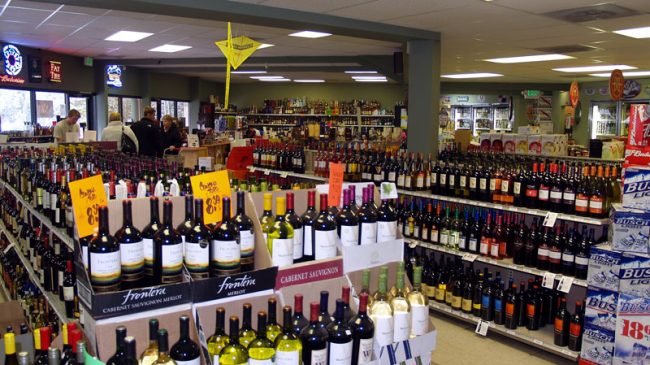For the second time since 2013, legislation that would privatize the sale and distribution of wine and distilled spirits in Pennsylvania has passed the House, which voted this afternoon to approve House Bill 466 by a 114-87 margin. HB 466-sponsored by Speaker Mike Turzai-would privatize Pennsylvania’s state wholesale wine and spirits monopoly, gradually close the hundreds of state-owned liquor stores, and create 1,200 private retail and distribution licenses for wine and spirits. It would leave intact the Commonwealth’s current liquor taxation structure: an 18% liquor tax and 6% sales tax.
HB 466 faces uncertainty in the Senate, which has in recent years been resistant to full privatization proposals. A Turzai bill very similar to HB 466 passed the House in 2013, but the Senate balked that session and refused to consider the legislation again in 2014.
The House tried a different tack in 2014 by adopting a budget plan that assumed an influx of revenue from the sale of the state’s liquor wholesale and retail operations, yet the proposal died in the Senate and was not included in the final passed budget. Meanwhile, the Senate debated “privatization lite” legislation that would have opened up beer and wine sales to grocery stores, allowed convenience stores to sell beer, and left the state’s liquor retail stores to remain in operation, but it failed to achieve a political consensus before the end of the legislative session.
Given the state’s current budget deficit, the ability to generate one-time revenues from licensing private retailers and wholesalers is a significant aspect of the political calculation. According to the fiscal note on the bill-released yesterday by the House Appropriations Committee-HB 466 would produce an estimated $1.167 billion in one-time license fees, which breaks down as:
- $615.6 million in wine and spirits wholesale license and application fees;
- $404.6 million from retail wine and spirits store license fees;
- $138.2 million in grocery store license fees; and
- $9.0 million in retail dispenser license upgrade fees.
The fiscal note for HB 466 did not include estimates of one-time revenues from asset sales related to current state wholesale and retail operations.
HB 466 would also make additional changes to the alcohol market beyond privatizing the state’s wholesale and retail enterprises. For example, the bill would expand the locations and hours of Sunday alcohol sales, and it would allow grocery stores to sell wine, up to 12 bottles per transaction. It would also allow beer distributors to sell 6-packs and 12-packs, instead of the minimum amount (one case, or 24 beers) allowed today. It would allow restaurants and taverns to sell up to four 6-packs or two 12-packs, compared to the single 12-pack (or two 6-pack) maximum allowed today. And it would expand the enforcement reach of the state’s Bureau of Liquor Control Enforcement to all entities that sell alcohol; the Commonwealth’s state-run liquor stores are not currently subject to the Bureau’s enforcement.
If HB 466 were to pass both legislative chambers, Gov. Tom Wolf has promised a veto. Since he was on the campaign trail last year, Wolf has expressed support for modernizing-but not privatizing-the state’s liquor monopoly, at one point even suggesting a potential expansion of the Commonwealth’s wholesale monopoly to other states. A competing fiscal note produced by Democrats on the House Appropriations Committee opposed to privatization-available here-outlines a liquor modernization proposal that includes more pricing and procurement flexibility for the Pennsylvania Liquor Control Board, expanded Sunday sales, allowing lottery ticket sales at state-run liquor stores, and more.
However, Speaker Turzai has suggested in the past that liquor privatization could be a bargaining chip with the Wolf administration as it seeks to compromise with the legislature over issues that include Wolf’s proposal to implement a natural gas extraction tax.
Despite repeated failures to advance liquor privatization in the political process-especially in recent years-Pennsylvania voters remain supportive of the idea. A January 2015 poll of registered voters published by Mercyhurst University’s Center for Applied Politics found that 52% supported liquor privatization, with only 34% opposed.
Leonard Gilroy is director of government reform at Reason Foundation.

